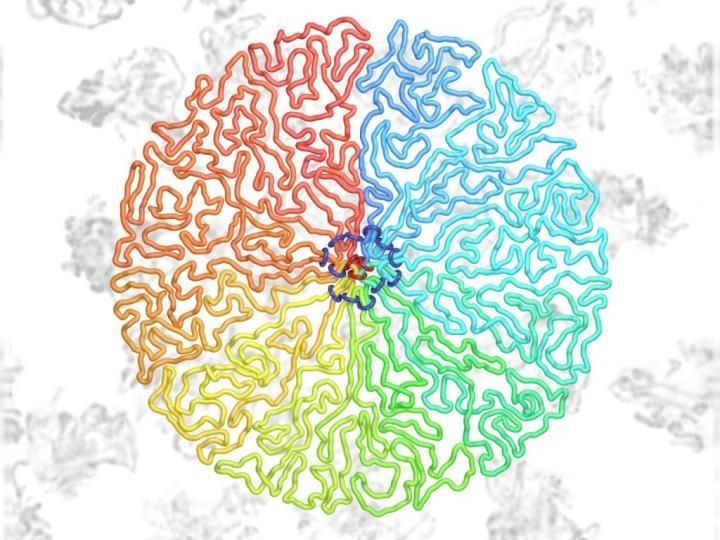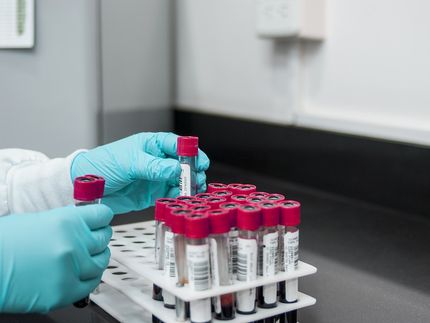Varian, Inc. Announces Unique Probe Technology Breakthrough for Biological Solids NMR
Varian, Inc. has introduced a new design for nuclear magnetic resonance (NMR) probes used to determine the molecular structures of proteins and other biomolecules in the solid state. Developed in collaboration with scientists at the University of Illinois at Urbana-Champaign (UIUC), the new Bio-MAS(TM) Probe incorporates a patent-pending scroll coil design to reduce unwanted heating by three orders of magnitude compared to a standard probe. Heating can destroy valuable biological solids samples. The new probe also has been shown to extend a sample's viable experimental lifetime by more than an order of magnitude.
The breakthrough scroll coil technology of the Bio-MAS probe facilitates scientists' research efforts to determine and better understand protein structures by solid state NMR, such as those associated with Alzheimer's disease and Type 2 diabetes. For bio-solids NMR studies, many samples are analyzed in the presence of salts; however the presence of these salts leads to undesirable heating that can denature the sample proteins, compromising experiment results and efficacy. Unlike the solenoid coils used in all current solid state NMR probes, Varian's new Bio-MAS probe's unique scroll coil design is more tolerant of high sample salt concentrations and causes less sample heating, which prolongs the sample's integrity. The new coil design also provides excellent RF homogeneity, which contributes to outstanding sensitivity for complex bio-solids experiments.
Bio-solids NMR experiments allow access to the 70% of all cellular proteins, such as membrane proteins, that are considered solids because they are not free floating in intracellular fluid. These studies can provide researchers with unparalleled insight into proteins and biomarker molecules associated with a wide variety of diseases.
Most read news
Topics
Organizations
Other news from the department research and development

Get the analytics and lab tech industry in your inbox
By submitting this form you agree that LUMITOS AG will send you the newsletter(s) selected above by email. Your data will not be passed on to third parties. Your data will be stored and processed in accordance with our data protection regulations. LUMITOS may contact you by email for the purpose of advertising or market and opinion surveys. You can revoke your consent at any time without giving reasons to LUMITOS AG, Ernst-Augustin-Str. 2, 12489 Berlin, Germany or by e-mail at revoke@lumitos.com with effect for the future. In addition, each email contains a link to unsubscribe from the corresponding newsletter.
Most read news
More news from our other portals
Last viewed contents

New, portable tech sniffs out plant disease in the field
Millipore Forms Collaboration with Agilent Technologies to Expand Capabilities in Epigenetics Research Market
Caltech chemists say antibody surrogates are just a 'click' away

New method measures the 3D position of individual atoms - The method developed at the Universities of Bonn and Bristol uses an ingenious physical principle































































